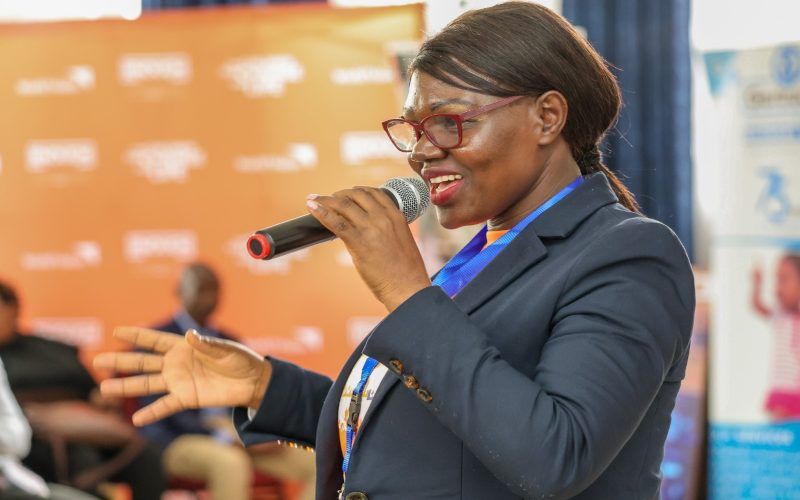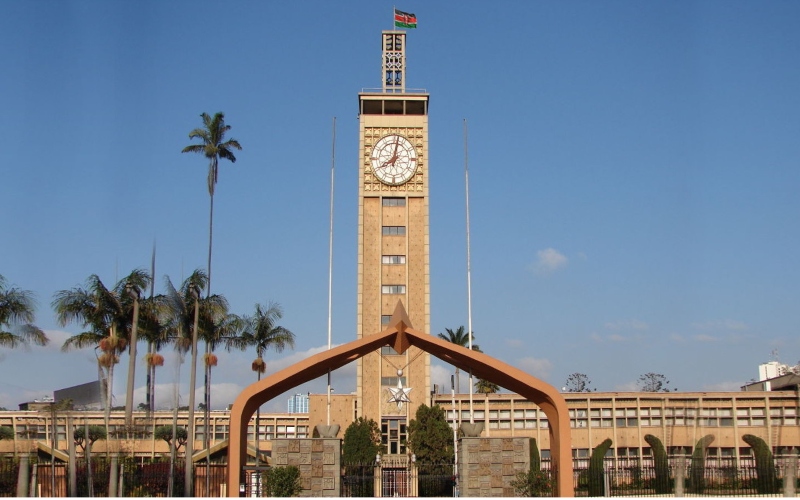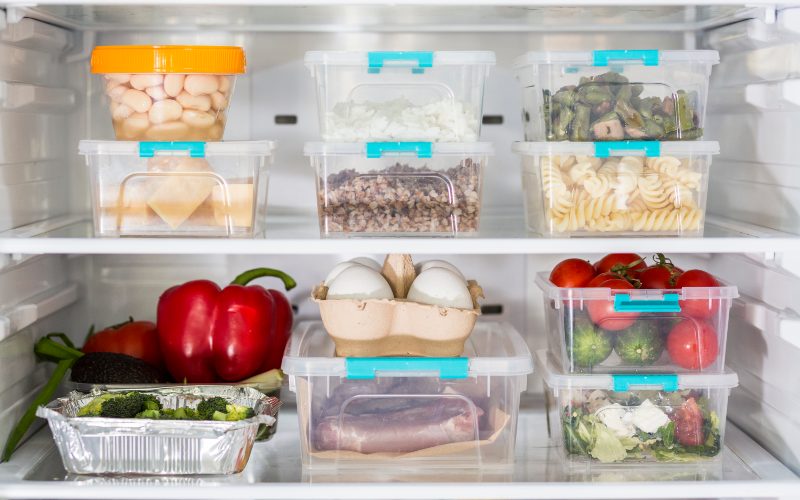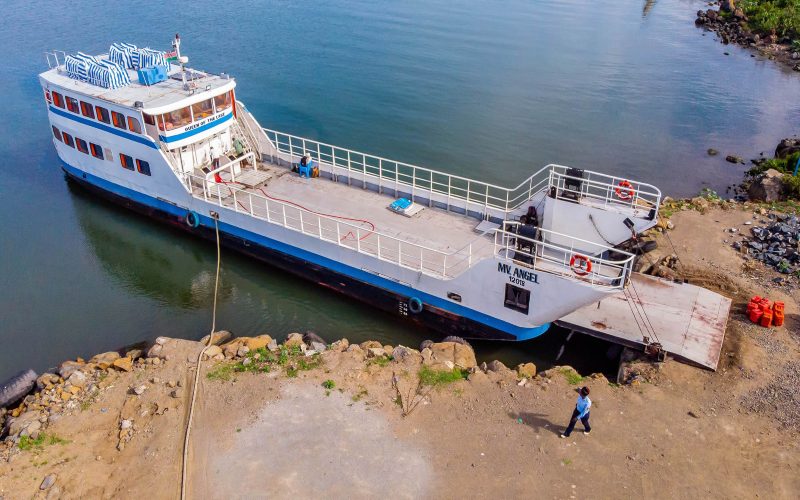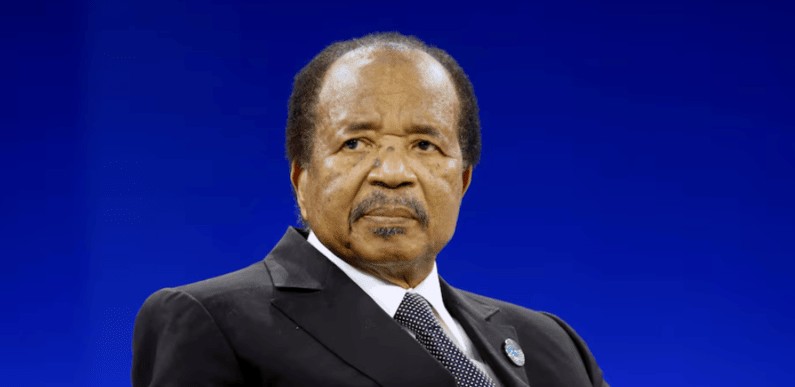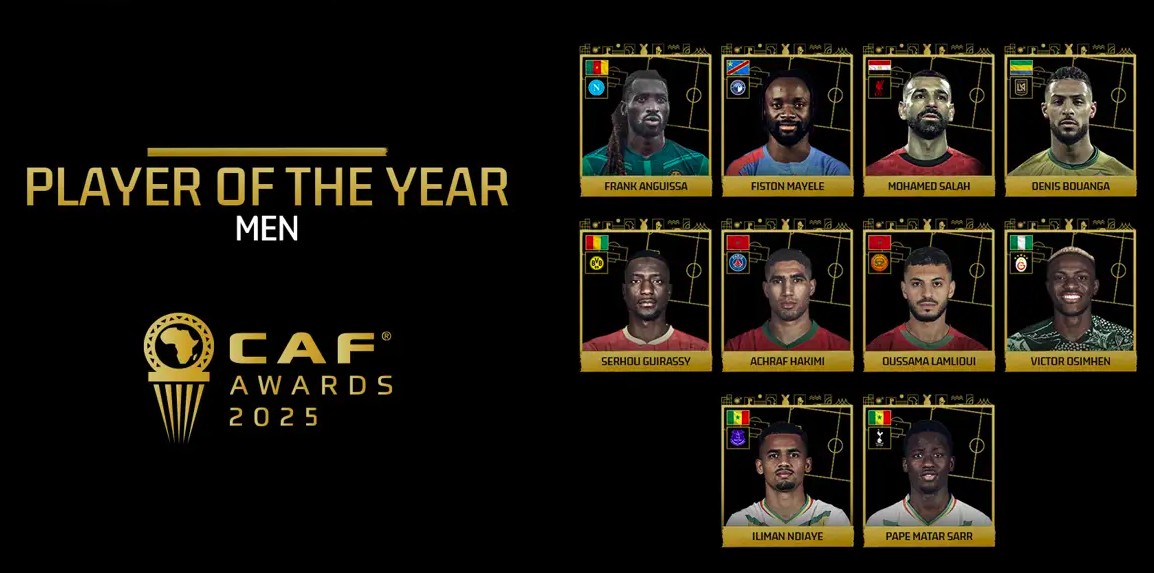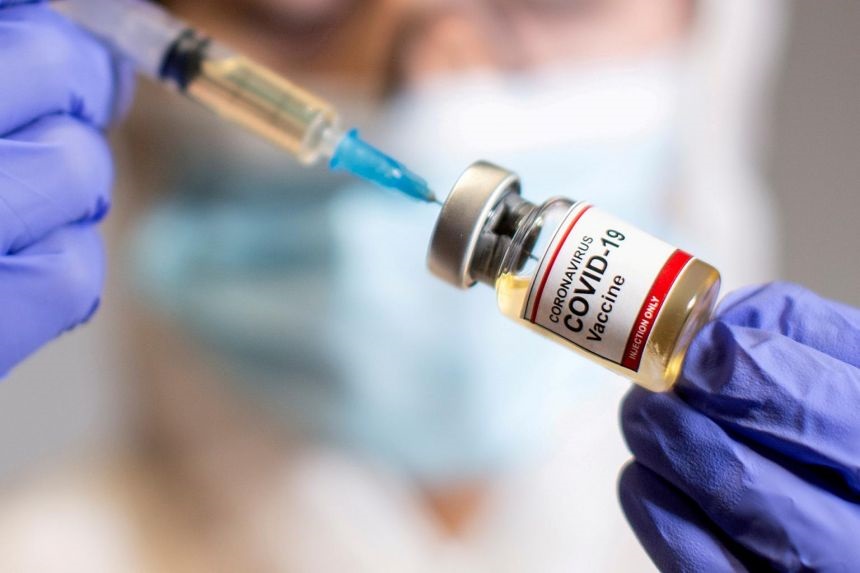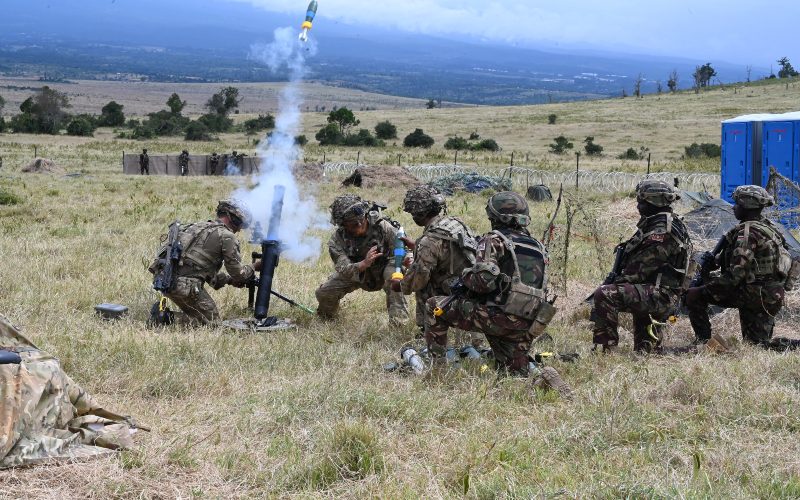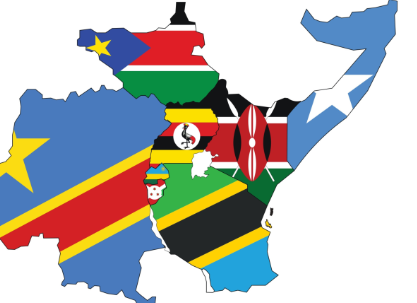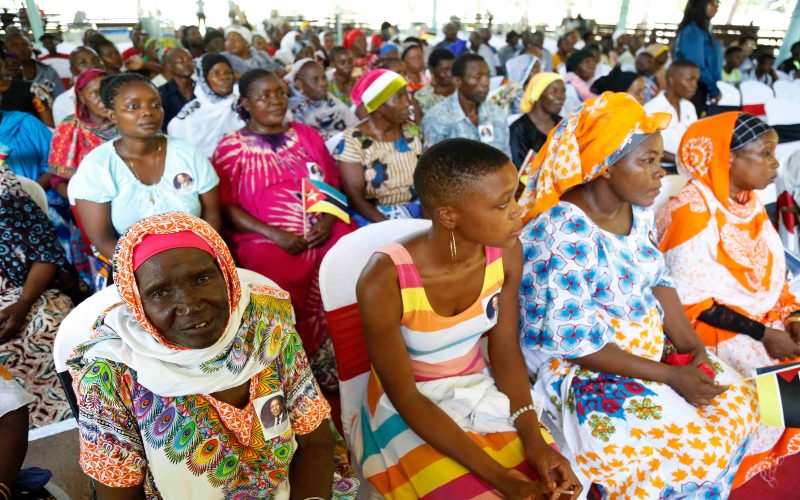How Mombasa teen uses art to fight drug abuse, early pregnancy

Zubeda Maloba is no ordinary teenager because, at her tender age, she can paint, model, and do beadwork, skills which she is teaching her peers.
Zubeda Maloba, 17, sits in the living room of their house in Majengo, Mombasa County, painting, with tens of portraits and other pieces dotting the area.
A Form 3 student at Aga Khan High School, she uses this talent to educate her peers on drug abuse and teen pregnancy, which are all too common in the coastal counties, causing girls as young as 13 to drop out of school.
More To Read
- Kenya set to miss 2025 target as teen pregnancies persist
- Mombasa experts warn drug abuse and radicalisation threaten literacy progress
- Senate alarmed as children among 1.4 million unintended pregnancies
- 10 counties, including Garissa, Mombasa flagged as hotspots for youth substance abuse
- Garissa Muslim leaders urge crackdown on cross-border drug trafficking to save youth
- Mombasa youth stand up against drug abuse, mental health challenges
The government, rights groups and non-governmental organisations have launched various campaigns to address the two issues.
Individuals such as Zubeda have launched unique initiatives to help change the story for Coast residents.
Zubeda is no ordinary teenager because, at her tender age, she can paint, model, and do beadwork.
The soft-spoken girl said she started painting at age six and that her work has evolved over the years, leading her to advocate against drug abuse and teenage pregnancy.
Asked why she focused on these two issues, she said the reason was to heal after her best friend dropped out of school due to a teenage pregnancy.
"I grew up with her. She was my neighbour and my best friend. We walked to school together and even did our homework together so it was a big blow when I found out she had dropped out due to pregnancy," she says.
 A piece of art by 17-year-old Zubeda Maloba, who is using her talent to educate the youth on drug abuse and teen pregnancy. (Photo: Mishi Gongo)
A piece of art by 17-year-old Zubeda Maloba, who is using her talent to educate the youth on drug abuse and teen pregnancy. (Photo: Mishi Gongo)
Zubeda tried looking for her friend and later found out that her mother had taken her to another county, as the gossip and shame—social stigma—would be too much to bear.
"I was distraught and started to paint to drown my sorrows, then one day it struck me that I could use my talent to sensitise my peers on the two issues affecting the youth the most," she says.
Zubeda told The Eastleigh Voice she would organise painting competitions and sometimes hold classes, using the opportunities to talk about drug abuse and teen pregnancy. Her first event, in 2021, registered a poor turnout but she tried again.
"I have collaborated with other youth with different talents in offering free drawing, modelling and bead-making classes," she says, adding they all speak out against the two issues and share pieces of advice.
Zubeda and the others do not spend any money holding the meeting, using spaces and items easily available to them, such as her home and playgrounds.
"We advertise the meetings on social media and ask participants to bring their own items, such as beads, drawing books, and costumes for modelling. Those who cannot afford these things use mine," she says.
Zubeda says she was surprised at the number of teenagers with little or no knowledge of reproductive health.
"Because we are all young, the attendees find it safe to open up about the challenges they face. They do not have basic knowledge of reproductive health. Some told me that after intercourse, one can prevent pregnancy by drinking very cold or hot water," she says.
Zubeda noted a lack of youth-friendly reproductive health facilities in some parts of the country, saying it limited the options the youth have of places to find helpful information.
 A piece of art by 17-year-old Zubeda Maloba, who is using her talent to educate the youth on drug abuse and teen pregnancy. (Photo: Mishi Gongo)
A piece of art by 17-year-old Zubeda Maloba, who is using her talent to educate the youth on drug abuse and teen pregnancy. (Photo: Mishi Gongo)
On drug addiction, she said the majority of teenagers turn to harmful substances because they think it is 'cool', while some do it to fit in or because they believe the myth that some enhance brain activity, enabling them to excel in their studies and examinations.
She and the other youths she works with aim to keep their peers busy so they don't have time for harmful activities.
"We offer a space for teenagers to learn different skills to keep them busy and avoid idleness," she says, citing singing and dancing as well.
"When we meet, we discuss various subjects that challenge us. We also talk about sports. Our discussions are based on fruitful subjects, unlike what most teenagers talk about, such as boyfriends and girlfriends and other things that do not add value to their lives," she says.
Zubeda hopes to work with professionals to strengthen her advocacy.
"At the moment, whenever I get asked difficult questions, I use Google or ask my mother and teachers but in the future, I hope I can incorporate professionals who have more knowledge on issues such as health workers and councillors, to talk to us," she says.
She aspires to own a studio centred on the education and training of girls who have been abandoned and discriminated against due to teenage pregnancy and drug abuse, as well as talented, needy children like herself.
"I want to help other children sharpen their talents and teenage mothers earn a living to support their babies. I also want to be in commercials," she says.
Zubeda wants the government to open youth-friendly hubs for nurturing talent and discussing the primary issues affecting them.
"It is not possible for sexually active teens to visit health facilities to be advised on reproductive health because of the stigma surrounding the topic. At these hubs, the youth, teenagers in particular, can open up," she says.
Her advice was for the youth, and all other citizens alike, to fight idleness using strategies such as pursuing their talents so as not to engage in crime, drug abuse and other vices.
Top Stories Today

